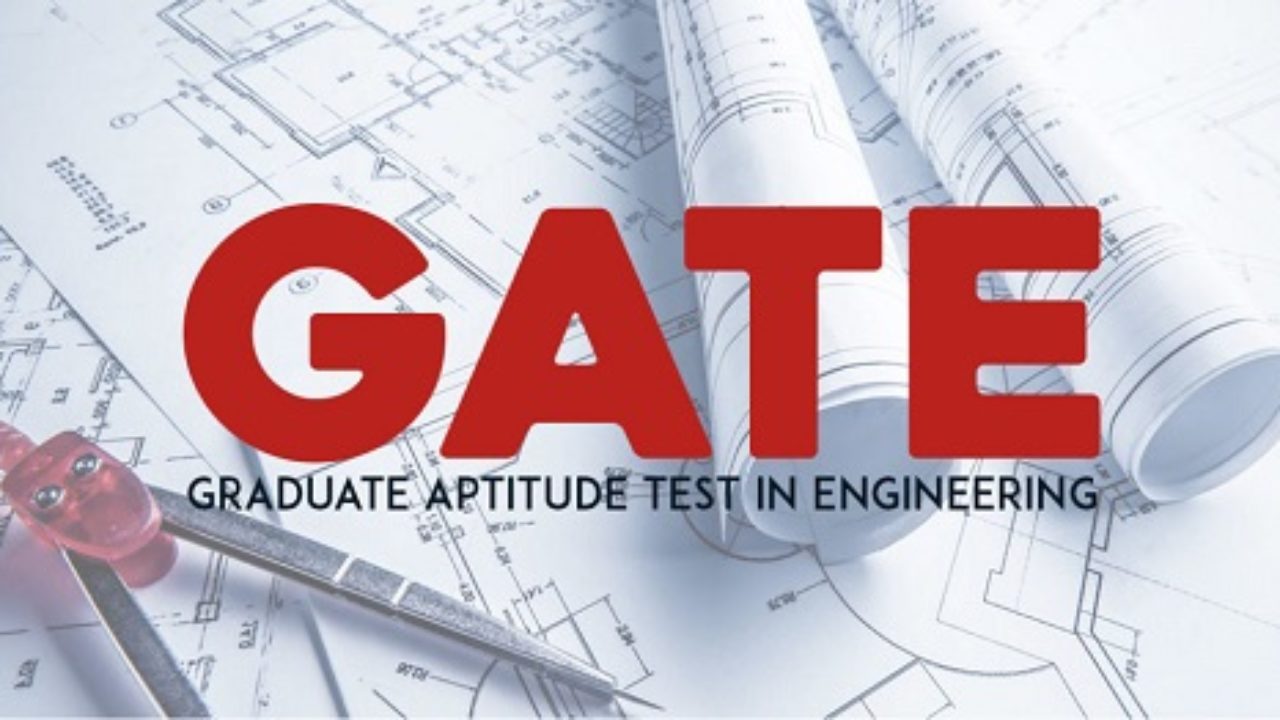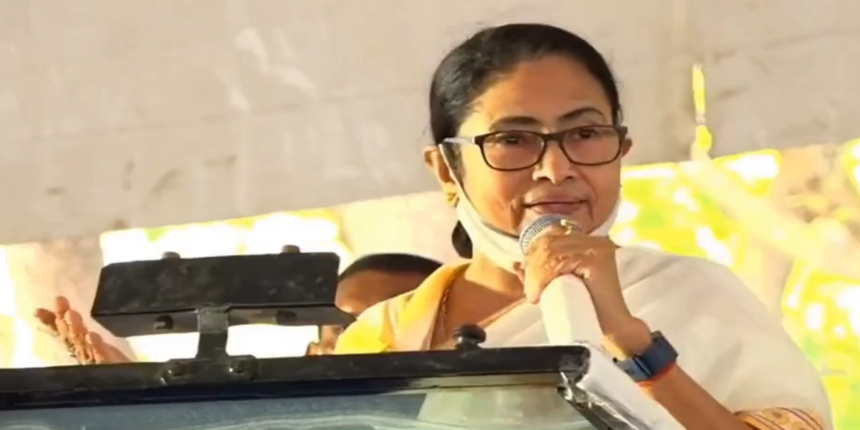The Lok Sabha has approved two essential measures, the National Nursing and Midwifery Commission Bill, 2023, and the National Dental Commission Bill, 2023, in a significant development for the healthcare industry. The approval of these measures represents a crucial step in India’s effort to revolutionize dental and nursing education. When introducing the measures for discussion and approval, Health Minister Mansukh Mandaviya stressed their importance for improving educational standards and fortifying the legal system. The ultimate objective is to guarantee that medical professionals, including dentists, physicians, and nurses, provide the greatest services to people in India and around the world.
Bill 2023 creating the National Dental Commission
The National Dental Commission Bill, 2023 aims to change the way dentistry is governed and practiced in India. This bill seeks to create the National Dental Commission (NMC), which will be in charge of regulating dental education and the dental profession nationwide, by abolishing the Dentists Act of 1948. Making dentistry education more inexpensive and accessible while promoting high-quality oral healthcare is one of the NMC’s main goals.
The Creation of the “National Exit Test (Dental)”
The National Exit Test (Dental) is one of the National Dental Commission Bill’s important provisions. This dental exam will be required for dental students to earn a license to practice dentistry, much to the National Exit Test for medical students. Furthermore, the National Exit Test (Dental) will be used as the standard for admission to postgraduate dental education in dental institutions, thereby fostering high-quality oral healthcare.
The National Dental Commission’s membership
The National Dental Commission will have a chairperson, eight ex officio members, and twenty-four part-time members, according to the Bill. To carry out particular tasks, the Central Government will also establish autonomous boards under the commission’s oversight.
Bill 2023 creating the National Nursing and Midwifery Commission
By eliminating the Indian Nursing Council Act of 1947, the National Nursing and Midwifery Commission Bill, 2023, is intended to streamline nursing education in India. The National Nursing and Midwifery Commission (NNMC), which will be established as a result of this legislation, will be in charge of overseeing and upholding the requirements for professional nursing and midwifery education and services.
The National Nursing and Midwifery Commission’s main goals
The aforementioned goals are what the proposed National Nursing and Midwifery Commission aims to accomplish:
- Regulation and Maintenance of Standards: The NNMC will make sure that nursing and midwifery practitioners provide high-quality instruction and services that are regulated and maintained.
- The panel will evaluate nursing and midwifery facilities to make sure they adhere to the necessary requirements.
- The NNMC will create and manage national and state registers of nursing and midwifery professionals. Central and state register creation.
- The commission’s goal is to establish a system that increases access to nursing and midwifery services while promoting research and advancement in the industry.
The National Nursing and Midwifery Commission’s membership
The National Nursing and Midwifery Commission’s membership is described in clause 4 of the Bill. Twenty-nine people will make up the commission, including a chairperson, twelve regular members, and sixteen ex-officio members. The State Governments will nominate one representative from each of the six zones for the twelve members, and the Central Government will select four representatives, including at least two midwives, based on the advice of a Search-cum-Selection Committee. The Central Government will also choose one member with no nursing or midwifery background and one to represent charitable institutions in the nursing and midwifery area.
The National dentistry and Midwifery Commission Bills have been passed, and India’s dentistry and nursing education industry is about to undergo a seismic shift. These measures create the foundation for the creation of regulating organizations that will make sure that dental and nursing education is of a high standard and is available to everybody. It is anticipated that dental and nursing professionals will be better prepared to meet the healthcare demands of the public, both inside and outside of India, as the country proceeds in this path.























